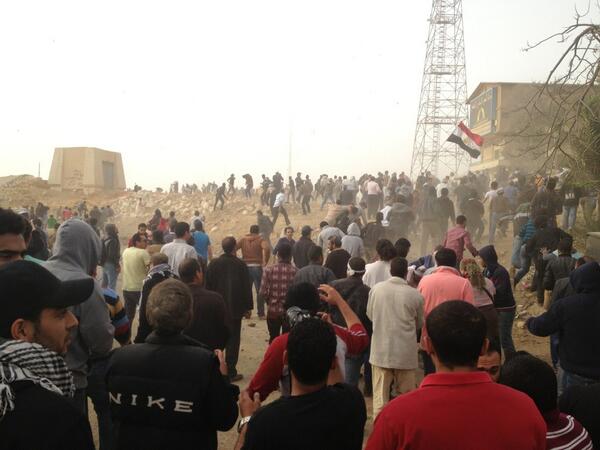Since the announcement of the Gaza ceasefire agreement, signed under the direct auspices of U.S. President Donald Trump, one question has dominated all others: Who is the real guarantor of this deal’s implementation?
It is a question that cannot be ignored, for the fate of war and peace in the region no longer rests on paper, but on the political wills standing behind it — and on the balance of power that will determine how faithfully it is upheld.
The document signed in Sharm El-Sheikh may appear, on the surface, to be an attempt to restore equilibrium after two exhausting years of war. Yet, in essence, it reflects Trump’s broader philosophy in managing Middle Eastern conflicts: no structural solutions, only transactional settlements that preserve U.S. interests while keeping regional actors perpetually dependent on Washington’s mediation.
Thus, the agreement is not the end of a war, but rather the start of a new phase in crisis management — one in which calculations between Israel and Hamas are recalibrated, and regional influence among Cairo, Tehran, and Tel Aviv is re-engineered under the American umbrella.
However, the document carries an inherent paradox: it rests on an asymmetric balance — one side armed with a sophisticated military and intelligence apparatus, and the other debilitated by years of siege and warfare. Hence, the question of “the guarantor” is not about who will observe implementation, but who can enforce it on the ground without allowing the deal to become a mere tactical pause before another round of bloodshed.

Realistically, Egypt remains the only actor with both the position and the credibility to fulfil this role. Cairo has dealt with the Palestinian question since its inception, understands its intricacies, and recognises that its own national security is directly tied to that of Gaza. Yet Egypt also knows that genuine guarantees are not built on goodwill, but on a web of regional and international understandings — a delicate balance of interests rather than the erasure of rivalries.
As for the United States, it has positioned itself as the ultimate guarantor by virtue of authorship. Still, Washington’s reliability is conditional upon Israel’s adherence to its red lines — a commitment that history suggests is far from certain, especially amid the volatile political shifts in Tel Aviv, where right-wing elites oscillate between the pursuit of “total victory” and the domestic pressures of economic and security fatigue.
Meanwhile, Iran will not stand idly by in the face of a deal it perceives as an American–Israeli attempt to curtail its regional influence. Its support for resistance movements in Gaza and Lebanon will remain a constant instrument of leverage, activated whenever Washington or Tel Aviv seek to impose a new regional order without Tehran’s consent. Here lies the real danger: that Trump’s “deal” devolves into a fragile truce, suspended on deterrence between two rival axes rather than grounded in the foundations of lasting peace.
In this landscape, Egypt’s role stands as the cornerstone of any sustainable stability — not only because of its historical and geographic weight, but because it alone has a genuine interest in preventing Gaza’s collapse or another border explosion. Cairo’s diplomatic expertise enables it to maintain communication lines with all parties without succumbing to absolute alignment with any of them.
Yet the ultimate guarantee cannot rest in the hands of a single actor. It depends on transforming the agreement from a political document into a lived reality: genuine reconstruction, balanced security arrangements, and an economic vision that sustains hope for a stable civilian life in Gaza. Without that, “Trump’s Paper” will remain a beautifully worded document — signed with one hand and erased by the other’s gunfire.
Ultimately, the question “Who is the guarantor?” cannot be answered with the name of a state or a leader, but only through a collective will that understands a crucial truth: the next war — should it come — will not simply pit Gaza against Tel Aviv, but will test whether this region is governed by the balance of reason or the rule of fire.
Dr. Marwa El-Shinawy – Writer and Academic



